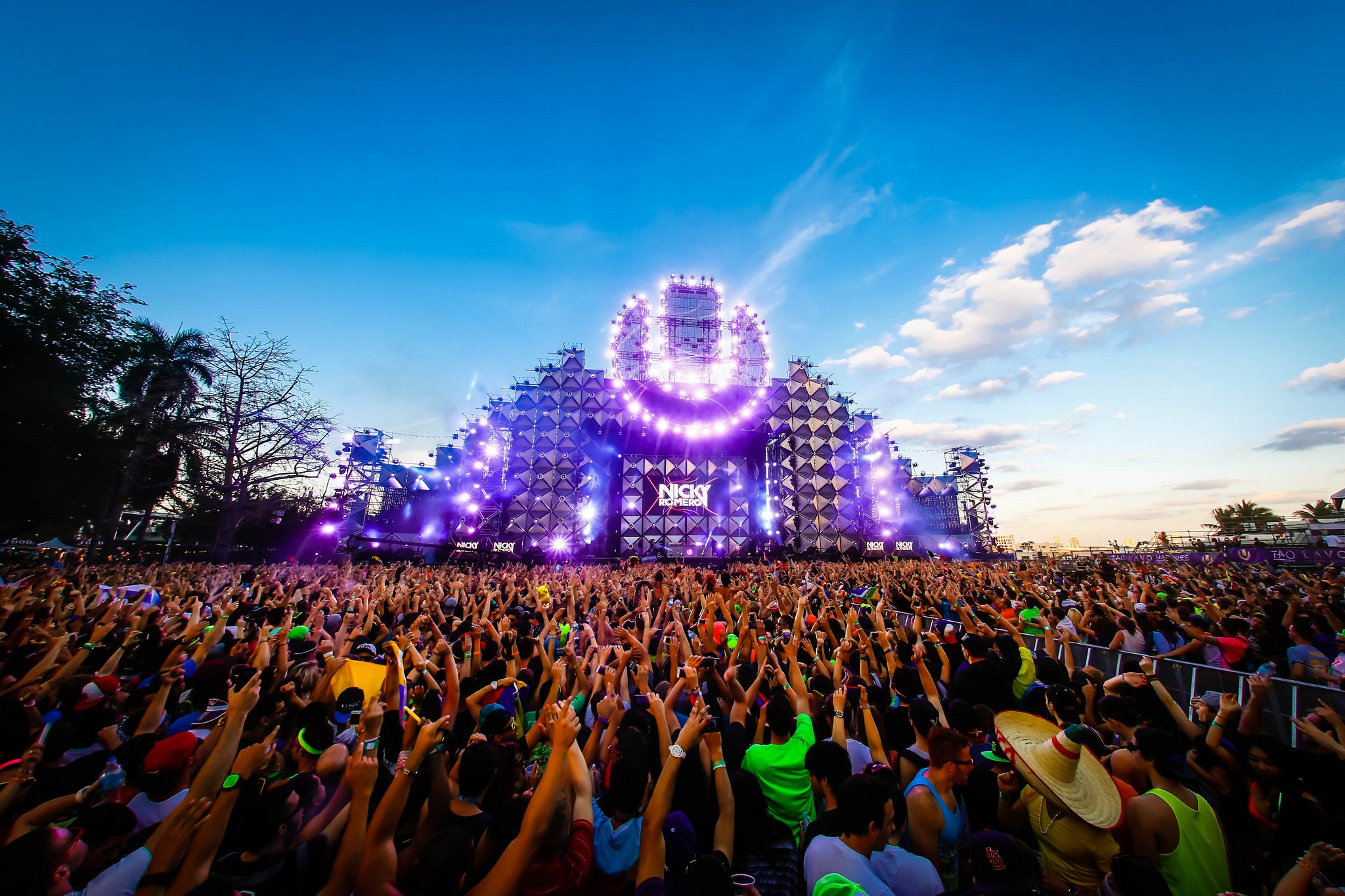In the pantheon of Bahá’í observances, the Nine Days of Ridván stands as a luminous beacon of joy and spiritual awakening. Celebrated annually, this sacred festival commemorates the moment when Bahá’u’lláh, the founder of the Bahá’í Faith, publicly declared His mission as the Promised One of all religions. Among these nine days, the Ninth Day is particularly auspicious, embodying a profound metaphor of paradise that resonates deeply within the hearts of Bahá’ís around the globe.
The etymology of the term “Ridván” itself invites a poetic interpretation. Derived from the Arabic word meaning “Paradise,” Ridván epitomizes a divine garden—a realm of tranquility and spiritual grace. The metaphor suggests not merely an idyllic physical landscape, but rather a metaphorical garden where the seeds of unity, love, and peace are sown. This metaphorical paradise beckons believers to immerse themselves in its lush profusion of teachings and transformations during these sacred days.
As the Ninth Day approaches, Bahá’ís gather in community observances, often in homes or communal spaces imbued with a sense of festivity. The atmosphere crackles with anticipation as the echoes of sacred prayers fill the air. This gathering embodies more than a physical reunion; it serves as a spiritual communion that transcends geographical boundaries and cultural differences, uniting the hearts of participants in an embrace of shared purpose and collective aspiration.
Central to the theme of the Ninth Day is the acknowledgment of Bahá’u’lláh’s declaration in 1863. This proclamation heralded the dawn of a new era, one in which the dissolution of boundaries among nations, races, and religions became not only a dream but an achievable reality. Accordingly, the Ninth Day acts as a clarion call for Bahá’ís to reaffirm their commitment to a world founded on justice and equity, mirroring the celestial harmony portrayed in the metaphor of paradise.
The teachings surrounding the Ninth Day of Ridván reinforce the Bahá’í principle that spiritual revitalization is intrinsically linked with social transformation. On this day, believers are encouraged to engage actively with the principles of oneness and service. To partake in prayers and teaching endeavours is to sow seeds of genuine change—an action that not only nurtures one’s spiritual garden but also cultivates a broader societal landscape ripe for growth and peace.
The observances of the Ninth Day are characterized by communal prayers, festive meals, and oftentimes, the sharing of uplifting stories and experiences. Such narratives not only evoke the human experience of connecting with the Divine but also illustrate the transformative power of religion as a catalyst for social change. As attendees partake in these communal celebrations, they become the living embodiments of the teachings they revere; they are the gardeners tending to the soil of their destinies.
Moreover, the Ninth Day of Ridván serves as an opportunity for individual reflection. Just as a garden flourishes under both light and shadow, so too must individuals confront their inner landscapes. This day invites introspection—a moment to ponder one’s spiritual journey and to assess how well one has honored the sacred teachings of Bahá’u’lláh. The contemplative aspect of the celebration allows for deeper engagement with the metaphor of paradise, where personal growth can occur alongside collective advancements.
Teaching the principles of the Bahá’í Faith during the Ninth Day further amplifies the festival’s significance. It underscores the responsibility of believers to spread the message of unity and understanding. This act of sharing knowledge transforms simple gatherings into noble enterprises, as friends and family unite to strengthen their communities through education and dialogue. Echoing the imagery of a lush paradise, these teachings optimistically suggest that with nurturing, every soul can bloom in the garden of humanity.
In the aftermath of the festivities, the essence of the Ninth Day lingers, reminding participants that paradise is not a distant dream but a tangible reality awaiting manifestation. Each Bahá’í is encouraged to carry the spirit of Ridván into everyday life, effectively becoming agents of transformation. The metaphor of paradise, therefore, morphs into a call for action—a reminder that the divine landscape can be cultivated within our own environments through acts of kindness, understanding, and relentless pursuit of justice.
The festival also reflects the Bahá’í commitment to the idea of continuous growth and evolution. Just as a garden must be cared for over time to reach its full potential, so too must individuals and communities embrace ongoing learning and development. This notion of renewal echoes throughout the teachings, urging followers to transcend complacency and strive for higher realms of understanding and connection.
In summation, the Ninth Day of Ridván serves as both a celebration and a poignant reminder. It encapsulates the essence of paradise—a state of spiritual realization that can be achieved through unity, understanding, and active engagement with the world. It beckons Bahá’ís to reflect on their purpose, to cultivate the divine within themselves, and to share the fruits of their spiritual garden with all humankind. Thus, as the festival unfolds each year, it affirms that true paradise exists not only as a metaphorical notion but as a profound reality to be courageously created in everyday life.
